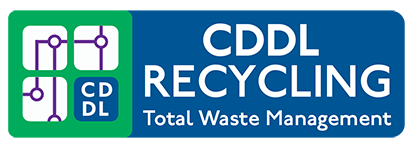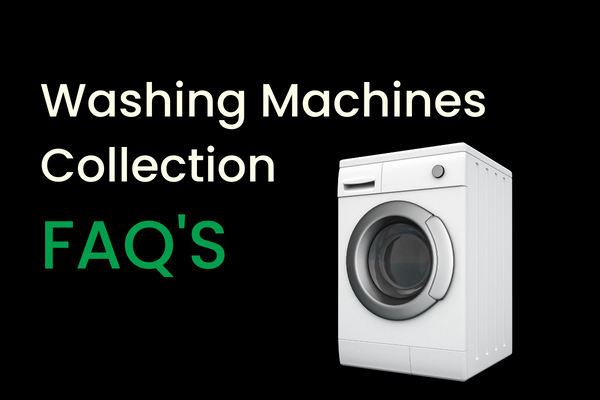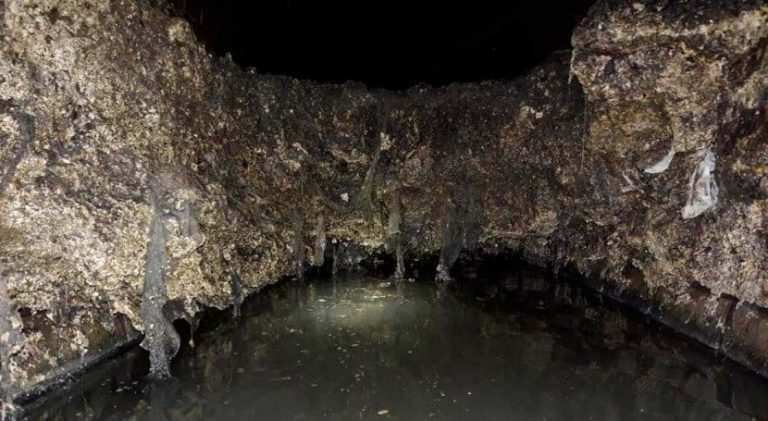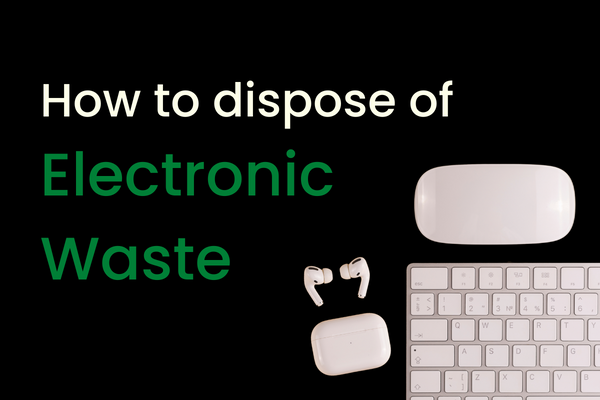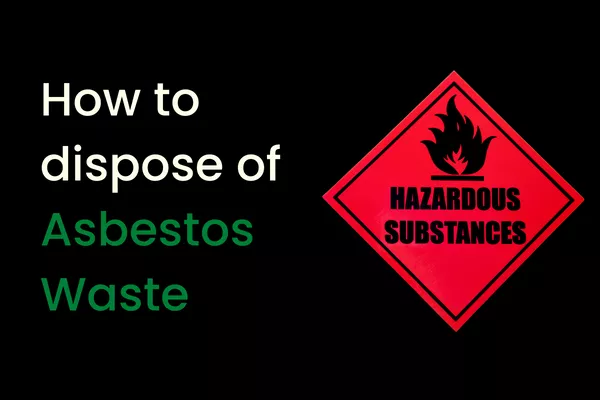The shocking consequences of improper battery disposal!
As the use of electronic devices becomes increasingly prevalent in our daily lives, the topic of battery disposal has gained attention as a growing environmental concern.
While batteries definatly provide a convenient and portable source of power for our devices, their disposal can have detrimental effects on the environment.
According to a report from the United Nations, the world generates a staggering 50 million metric tons of electronic and electrical waste (e-waste) each year!, with batteries accounting for a significant portion of this waste. In the United States alone, it is estimated that over 3 billion batteries are discarded annually.
One of the main reasons that battery waste is problematic is that many batteries contain heavy metals and toxic chemicals. When batteries are not disposed of properly, these chemicals can leak into the soil and water, contaminating the environment and potentially causing health problems for both humans and wildlife.
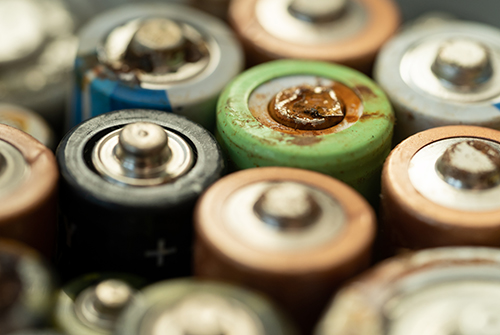
Improper disposal of batteries can have several negative consequences. Here are a few examples:
- Batteries that are not disposed of properly can leak their chemical contents, which can contaminate soil and water. This can affect plants and animals that live in the area, and can also be harmful to people who rely on that soil or water for drinking or irrigation.
- Batteries that are discarded outdoors can be ingested by animals, which can cause serious health problems. In some cases, the chemicals in the batteries can be toxic to animals, and can even kill them.
- Improper disposal of batteries can also contribute to air and water pollution. The chemicals in the batteries can be released into the air or water, which can harm plants, animals, and people.
- Battery pollution can also have economic consequences. For example, if a water source is contaminated by battery waste, it can be costly to clean up and restore the water supply. Additionally, if wildlife is harmed by battery pollution, it can affect tourism and other industries that depend on healthy ecosystems.
Types of Batteries in common use
There are several types of batteries that are commonly used in the UK, including:
- Alkaline batteries: These are the most common type of household battery and are used in a wide range of devices, from TV remote controls to portable radios.
- Lithium-ion batteries: These are rechargeable batteries that are commonly used in laptops, smartphones, and other electronic devices.
- Nickel-metal hydride batteries: These are also rechargeable batteries that are commonly used in electronic devices and power tools.
- Lead-acid batteries: These are the most common type of car battery and are used to start the engine and power the electrical systems in vehicles.
- Nickel-cadmium batteries: These are also rechargeable batteries that are commonly used in portable electronic devices and power tools.
Is battery pollution a real problem?
Unfortunately, Yes, battery pollution is a significant problem.
The further we advance technologically the more we rely on battery power or stored energy. Of course, this all comes at a price for our environment and the potential for pollution increases.
Batteries contain chemicals that can be harmful to the environment, and if they are not disposed of properly, they can end up in the environment and cause pollution. In addition to contaminating soil and water, battery pollution can also cause air pollution and harm wildlife.
How are batteries a pollutant?
Like most man-made creations batteries only have a certain shelf life or runtime. This means eventually they need to be disposed of and more often than not they are just included in our household waste.
The problem with this is that most household waste is sent to landfill sites
and once a battery is thrown in a landfill, the chemicals inside can leach into the soil and contaminate groundwater.
This can affect the plants and animals that live in the area, and can also be harmful to people who rely on that groundwater for drinking or irrigation. Additionally, if a battery is discarded outdoors, it can be ingested by animals, which can cause serious health problems. In some cases, battery pollution can also cause air and water pollution, as the chemicals in the batteries can be released into the air or water.
So what is the best way to dispose of batteries?
Categorically, the best way to dispose of batteries is to recycle them.
As we have summarised, most batteries can actually be recycled, and doing so can help prevent pollution.
To recycle your batteries, you can take them to a recycling centre or contact your local waste management company to find out about battery recycling options in your area.
Whatever you decide, It’s important to dispose of batteries properly, as they can be hazardous to the environment if not handled properly.
Using a waste management company will save you a trip to your recycling centre and will also ensure that the batteries are correctly recycled.
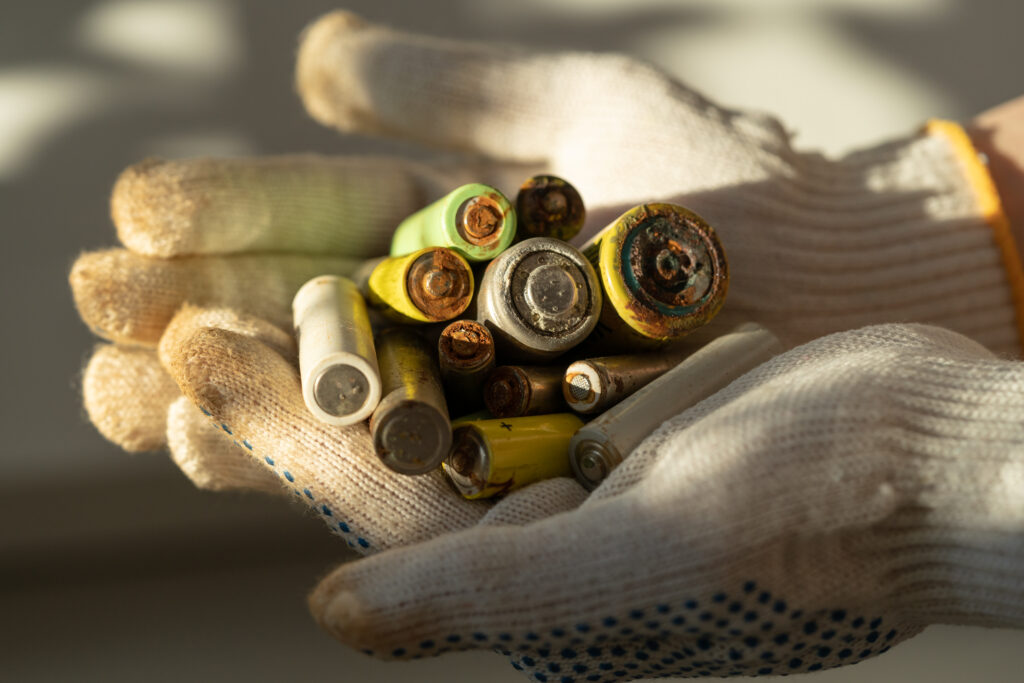
By taking the responsible step of disposing of batteries through a waste management company, you are playing your part in ensuring they are safely and properly recycled while also reducing your environmental footprint.
Here at CDDL, we are committed to providing our customers with the best in battery waste removal services. We understand how important it is to dispose of batteries responsibly and safely, and we strive to ensure that all of our customers’ batteries are properly recycled or disposed of.
We use a range of efficient and safe measures to accurately collect, transport, process and dispose of all your batteries, ensuring that all hazardous materials are handled according to regulations and safety standards.
